
It’s not uncommon for highly anticipated films to disappoint, leading to significant criticism and professional setbacks for their directors. These movies often perform poorly financially and receive harsh reviews, potentially harming the director’s career for years to come. The films listed below represent particularly damaging low points that many directors struggled to recover from.
‘Heaven’s Gate’ (1980)
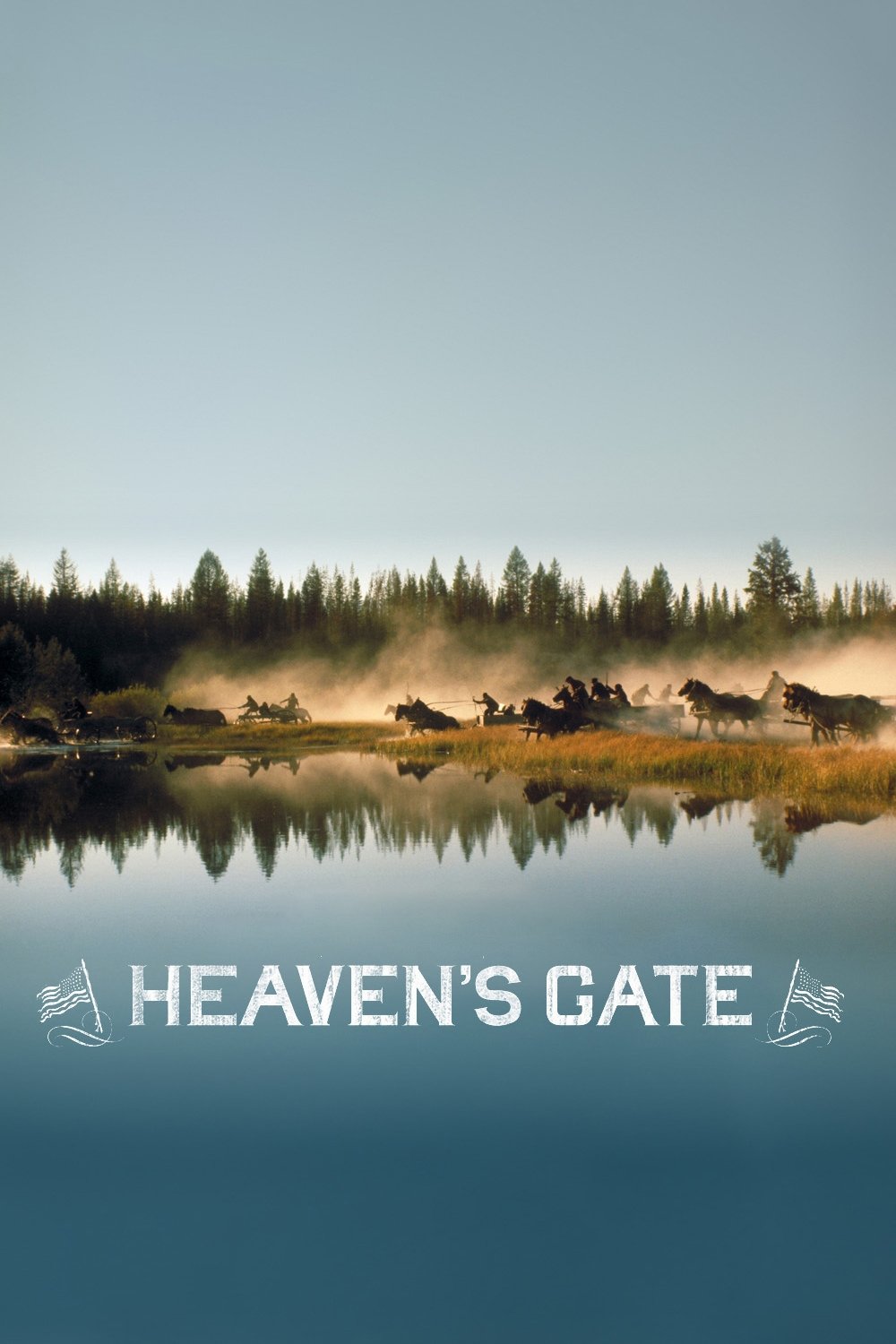
Michael Cimino’s epic western film was a disaster for the studio, going way over budget and receiving negative reviews. This resulted in significant financial losses and became a famous example of how not to manage a movie production. Afterwards, many questioned whether Cimino had too much creative control. The film’s difficult journey ultimately led studios to change how they supervise films.
‘The Postman’ (1997)
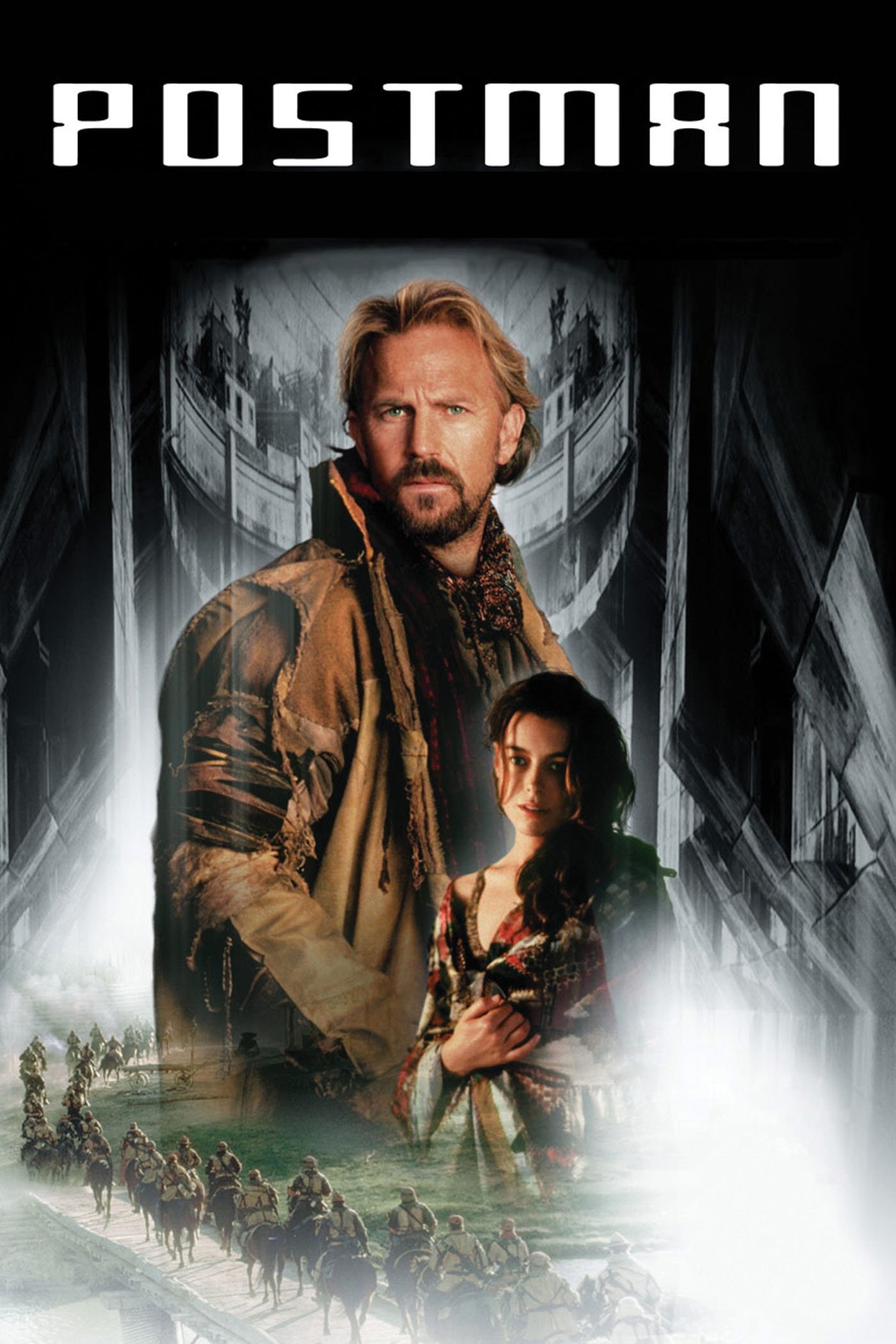
Kevin Costner received a lot of criticism when his ambitious, post-apocalyptic film didn’t resonate with viewers. Many blamed its length and complex ideas for its disappointing performance. After the film’s release, people began to question Costner’s abilities as a director, and studios became more hesitant to finance big, creatively driven projects.
‘Gigli’ (2003)

After receiving harsh criticism, director Martin Brest’s career stalled following this romantic crime comedy. The film was widely mocked for its inconsistent style, and Brest never directed another feature film. It became a cautionary tale in Hollywood, demonstrating how damaging negative reviews can be to an established director’s career.
‘After Earth’ (2013)
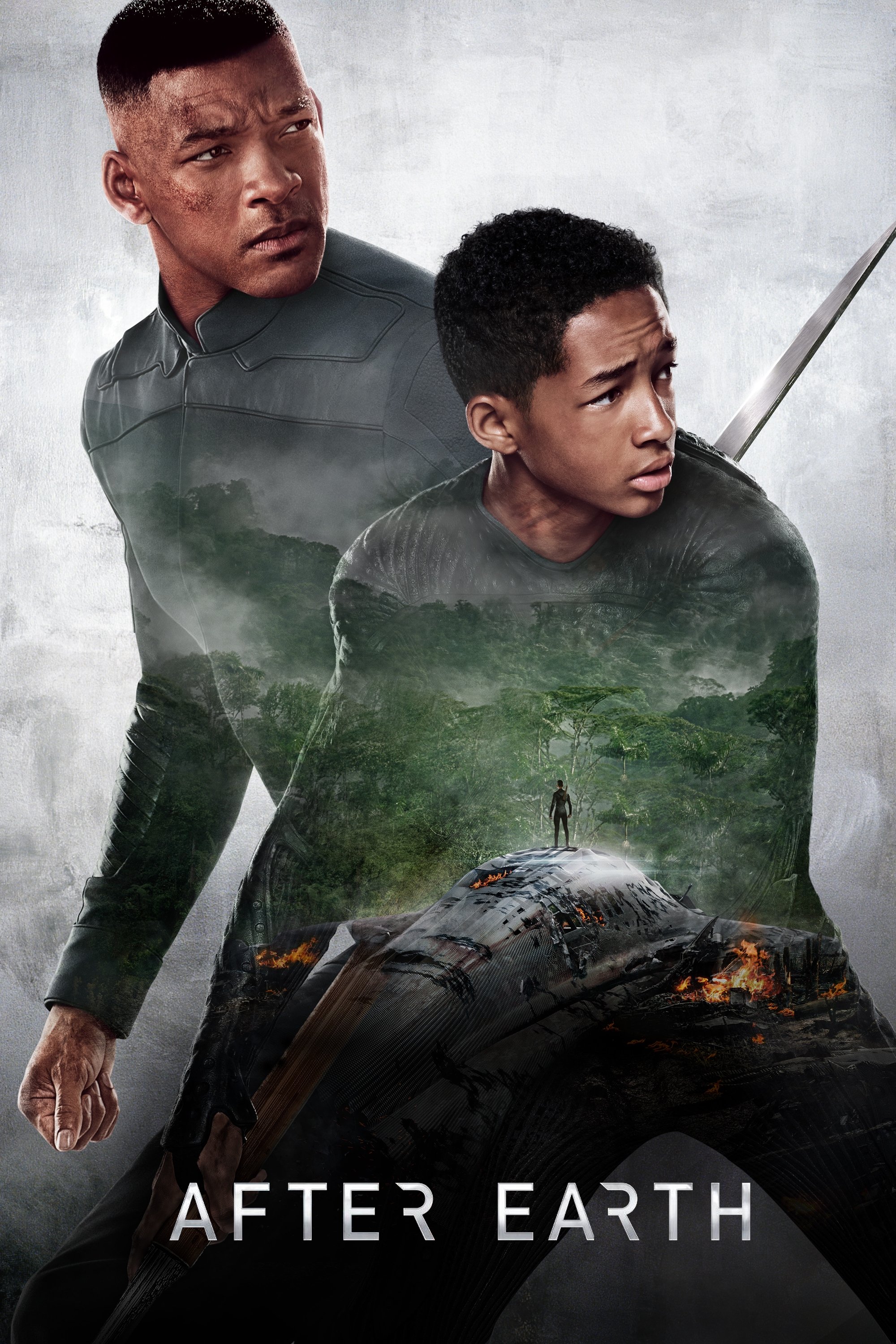
M. Night Shyamalan’s latest science fiction film received negative reviews, particularly regarding the acting and how the story unfolded. Critics found it lacked emotional impact, and disappointing ticket sales further questioned whether Shyamalan could successfully venture outside of his typical style. He then focused on smaller, more focused projects to regain the trust of audiences and industry professionals.
‘Lady in the Water’ (2006)
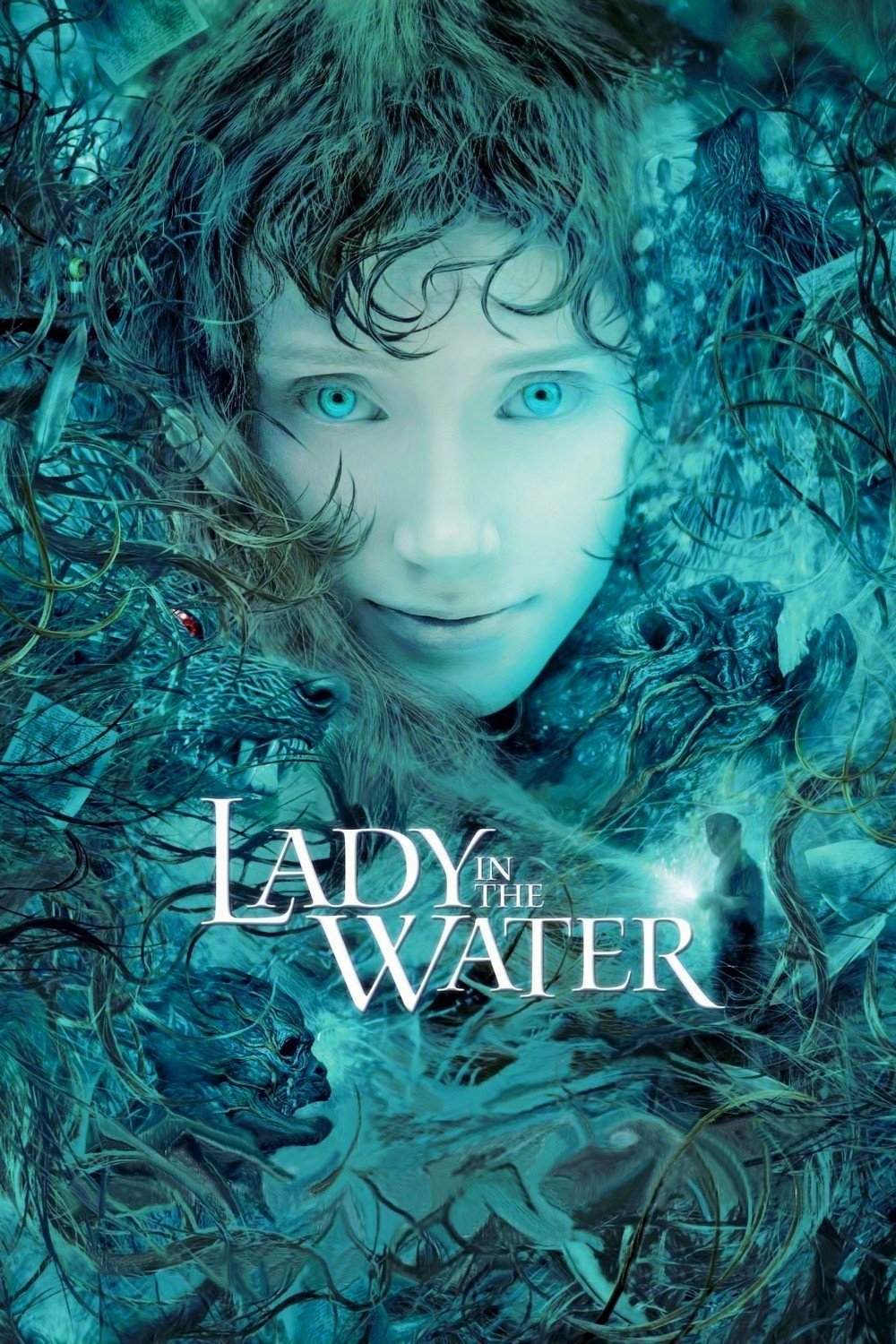
This fantasy film received a lot of criticism for its unusual way of telling the story. Many critics found the plot confusing and felt the director focused too much on his own ideas. The negative response shook the studio’s trust in his vision and led to a temporary decline in his career.
‘Jack and Jill’ (2011)

Dennis Dugan received a lot of negative feedback for this Adam Sandler comedy, where Sandler plays two characters. Critics found the humor uneven and the story hard to follow. The film was also criticized for featuring too many obvious product placements and for generally not being very funny. This movie damaged how people viewed Dugan’s skills as a director.
‘Battlefield Earth’ (2000)

After the film flopped and received harsh criticism for its visuals and editing, Roger Christian found it difficult to get directing jobs. The movie was a financial failure and became the subject of much mockery, severely impacting his career.
‘Movie 43’ (2013)
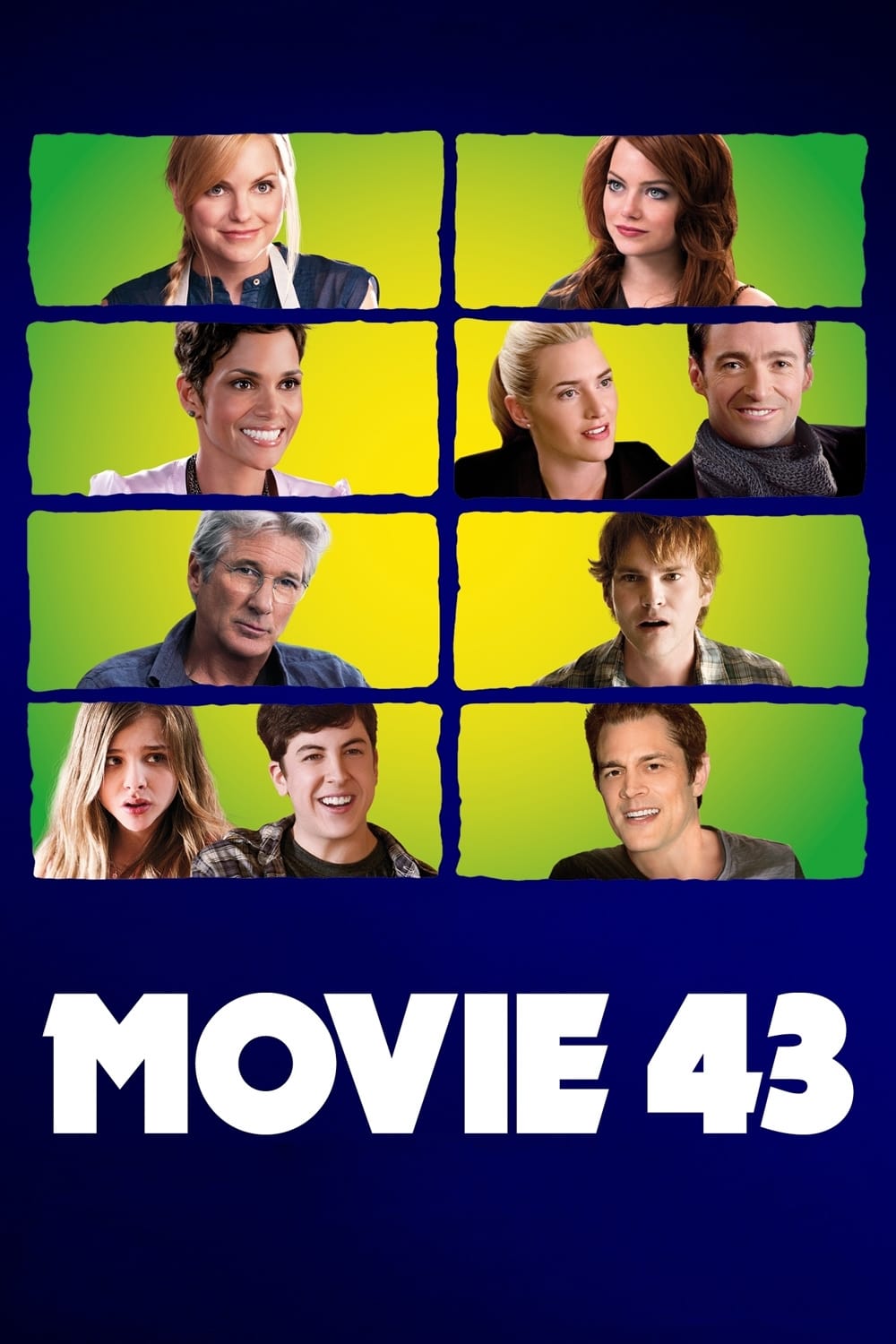
The anthology comedy received overwhelmingly negative reviews, harming the reputations of several directors, including Peter Farrelly. Critics found the sketches to be fragmented and didn’t feel they worked well together, and even a talented cast couldn’t save the film. It ultimately became known as a failed experiment in collaborative filmmaking.
‘Cutthroat Island’ (1995)
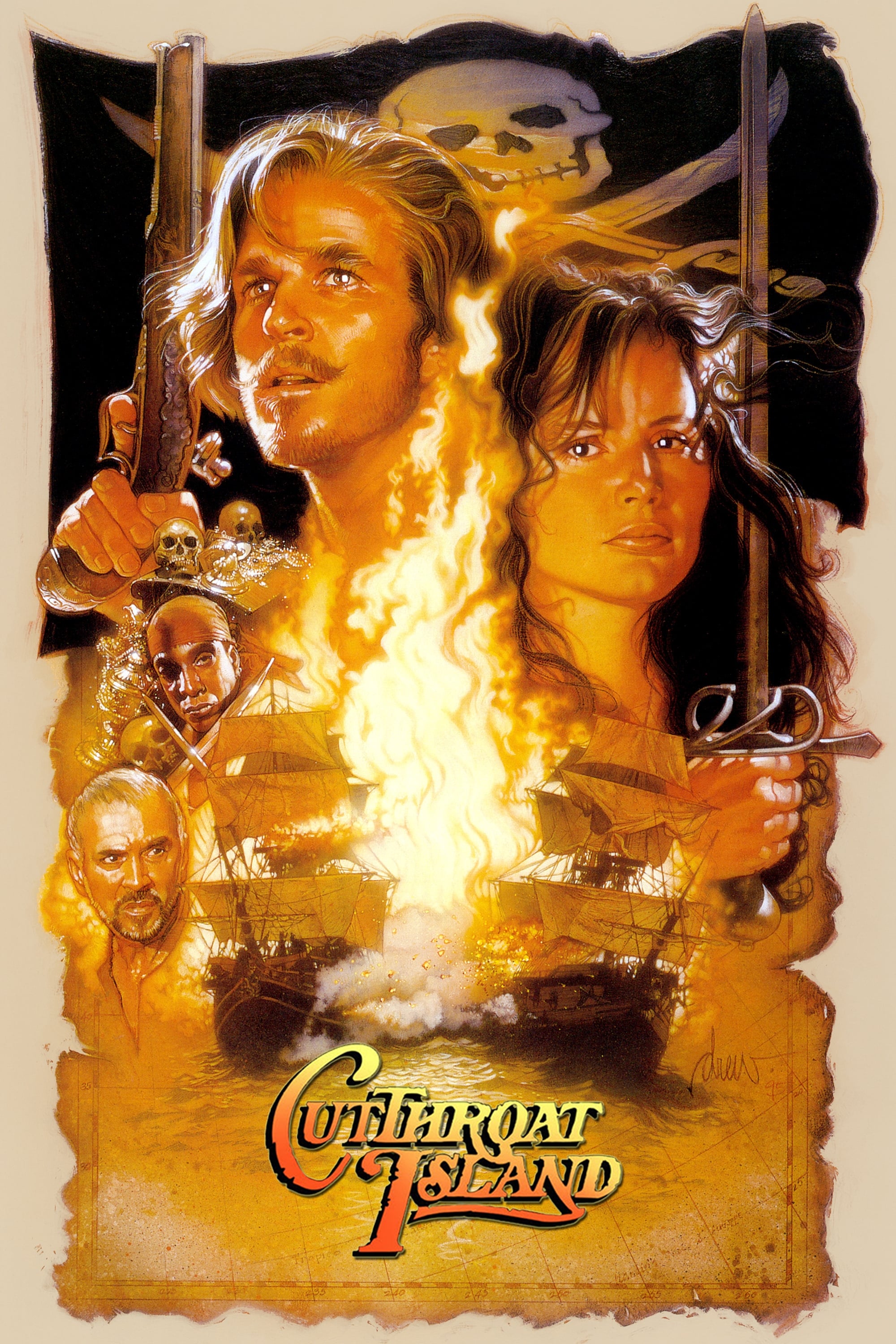
Renny Harlin’s pirate adventure was a major box office disappointment and one of the biggest financial flops of the 1990s. Problems during production and a huge budget led to its poor reputation. After the film’s failure, studios became wary of funding similarly expensive projects from Harlin, and it also had a lasting negative effect on the popularity of pirate movies in general.
‘Speed Racer’ (2008)
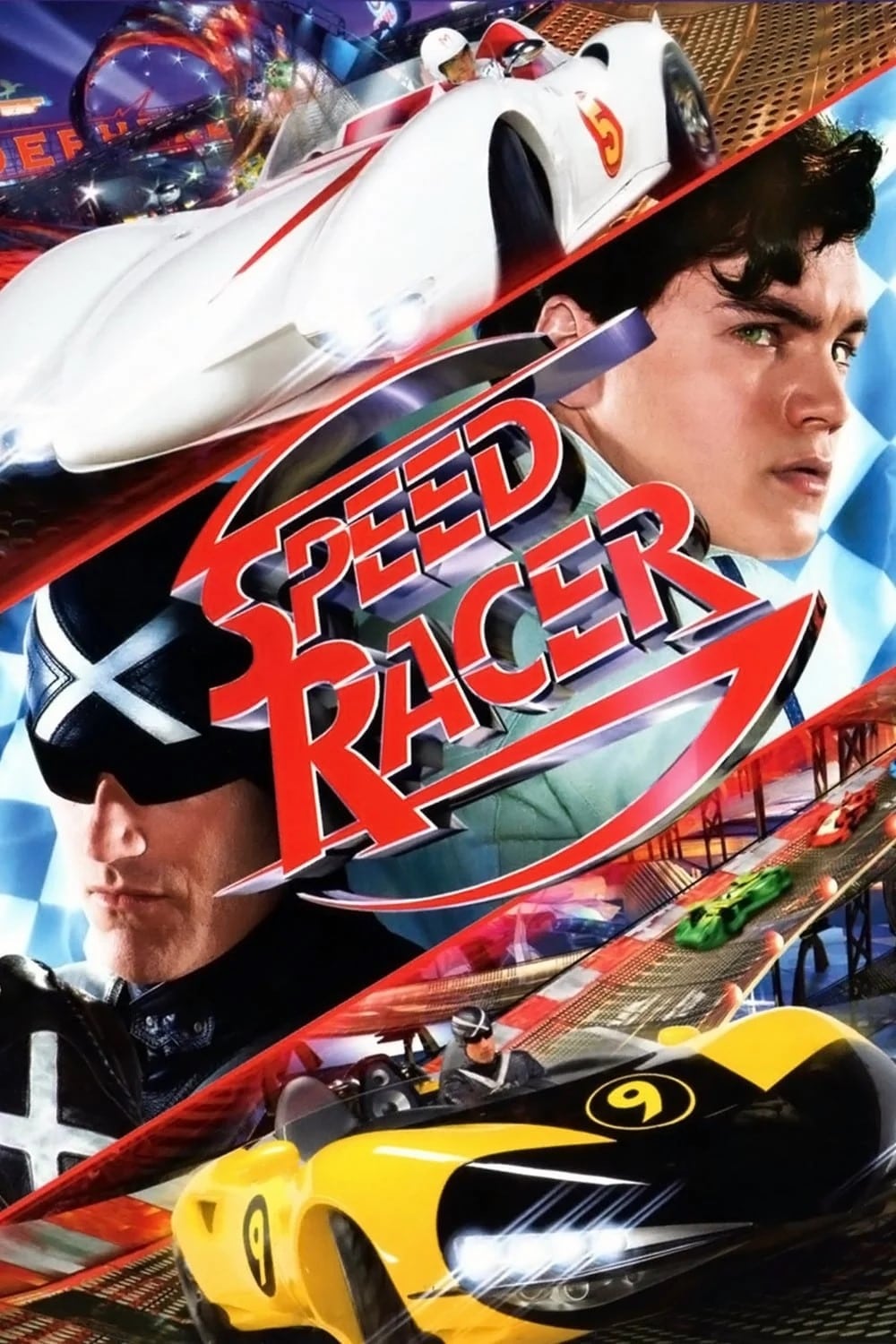
The Wachowskis received criticism when their visually striking but unconventional racing movie didn’t perform well in theaters. Its unique style didn’t appeal to most viewers, which led to financial losses for the studio and made them hesitant to support the Wachowskis’ future, more experimental ideas. The film became a notable case of audiences rejecting heavily digitized filmmaking techniques.
‘Jupiter Ascending’ (2015)
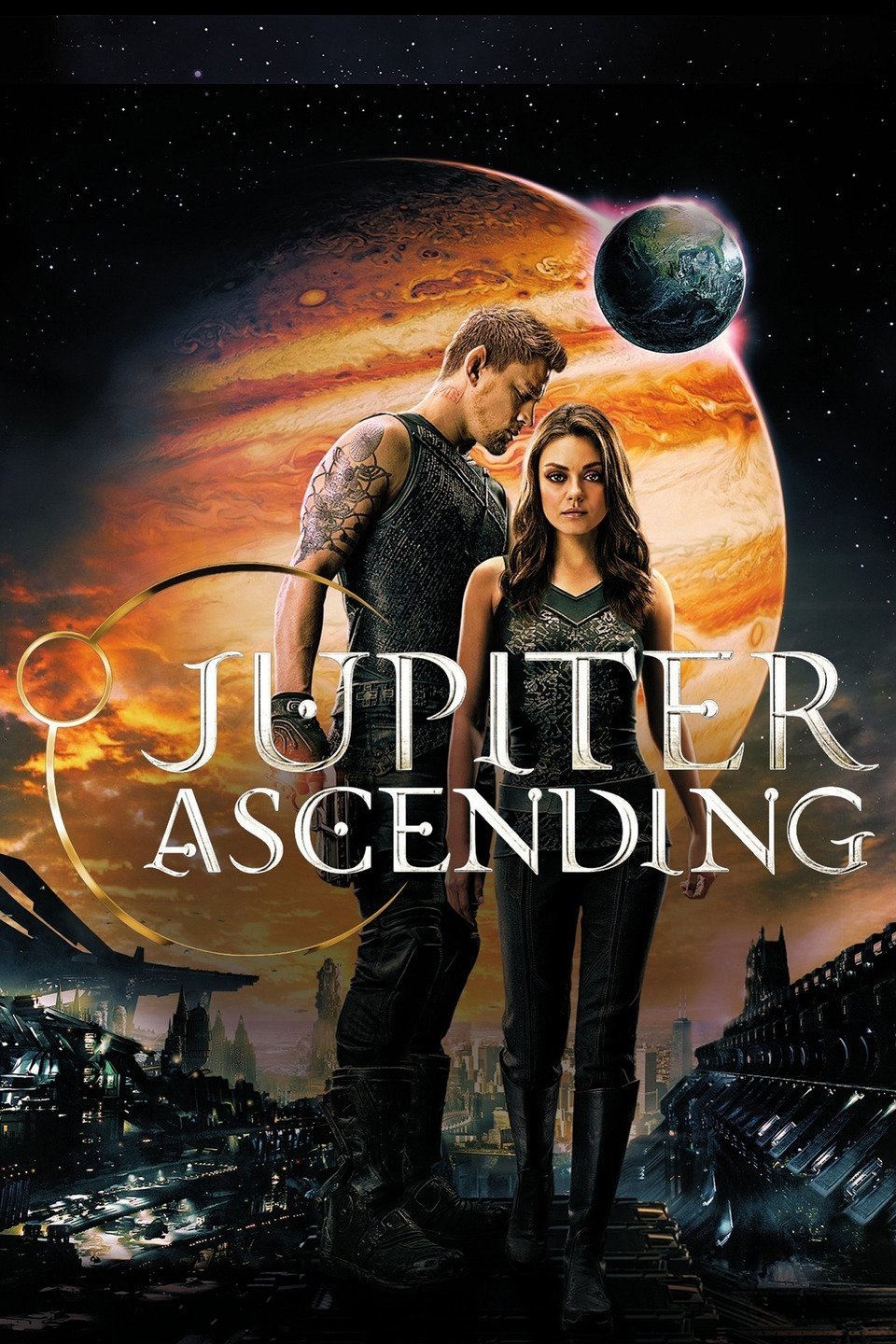
The movie’s disappointing performance at the box office hurt the Wachowskis’ career. Critics found the characters and the story’s setting underdeveloped, and the film failed to live up to its large budget. As a result, the directors received fewer offers for big-budget projects from major studios.
‘Green Lantern’ (2011)
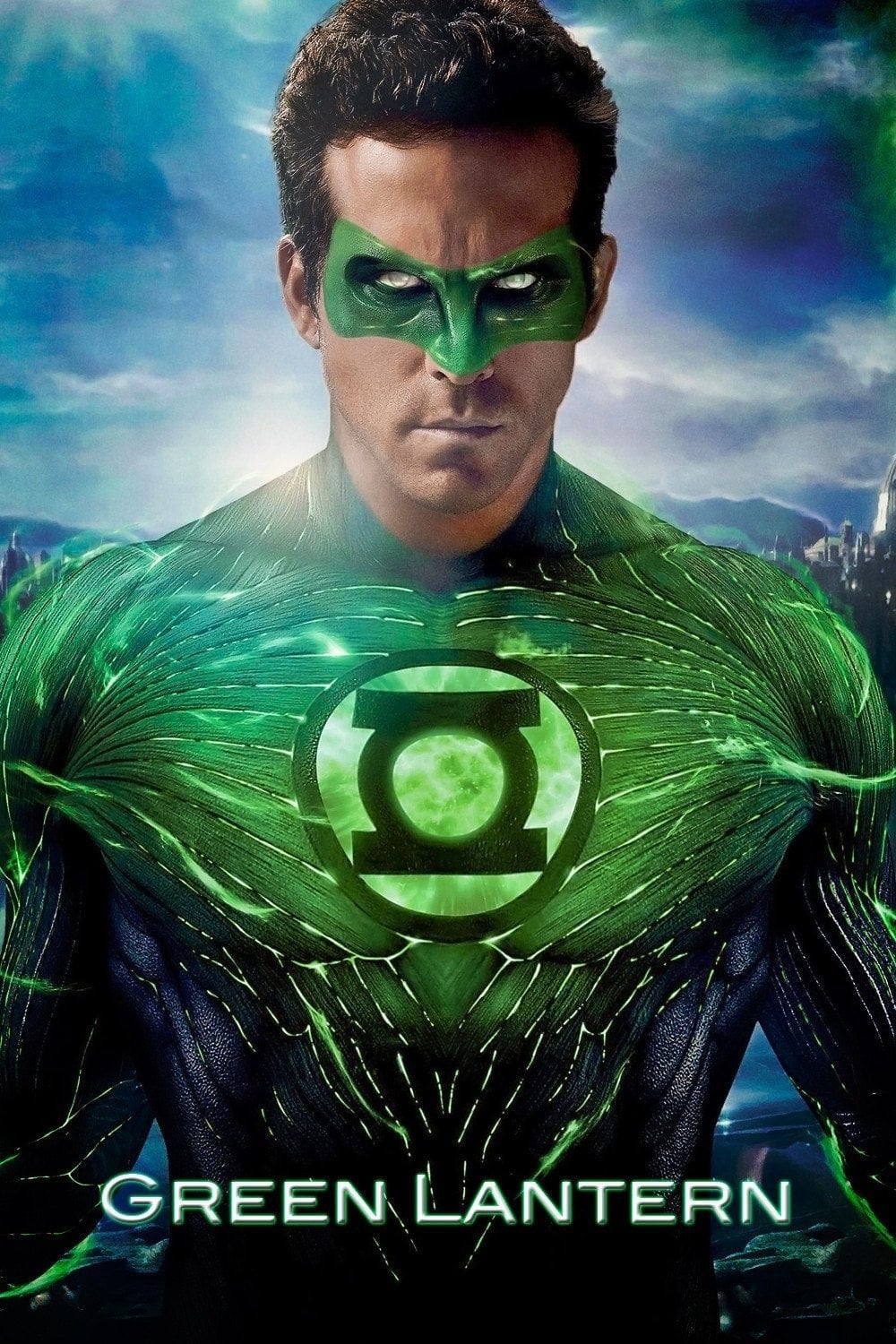
Martin Campbell’s typically strong reputation took a hit when his latest superhero movie didn’t resonate with viewers. Problems during production and with the special effects were widely reported. Given Campbell’s previous success with action films, the movie’s failure was a surprise. The experience also caused studios to think more carefully about the risks involved in launching new shared cinematic universes.
‘Inchon’ (1981)
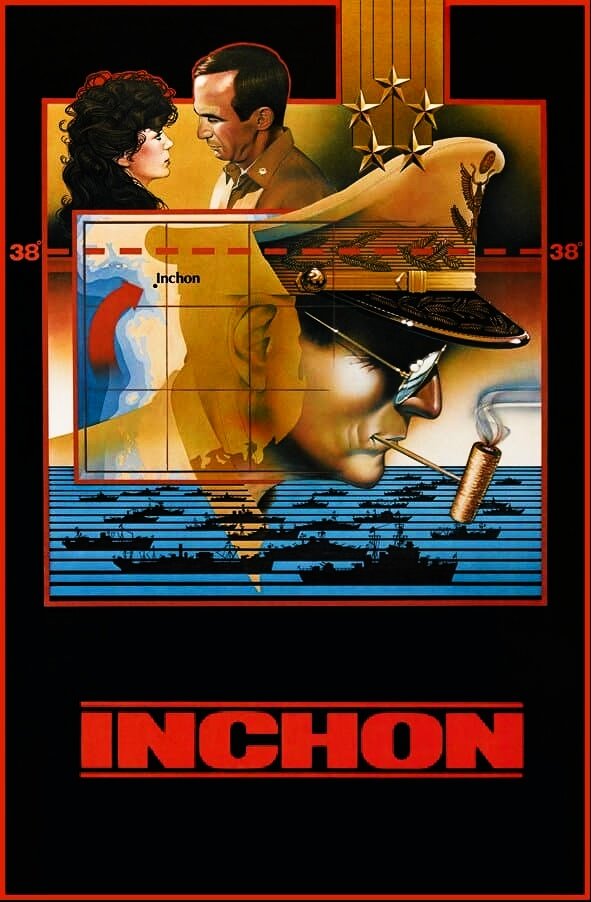
I was really disappointed to see what happened with Terence Young after that war movie flopped. It just didn’t do well at the box office, and honestly, critics weren’t kind – they pointed out some historical mistakes and said the movie felt rushed in parts. The whole production seemed to be a bit of a mess, and sadly, it really seemed to hurt his career. He never quite bounced back, which is a shame.
‘The Bonfire of the Vanities’ (1990)
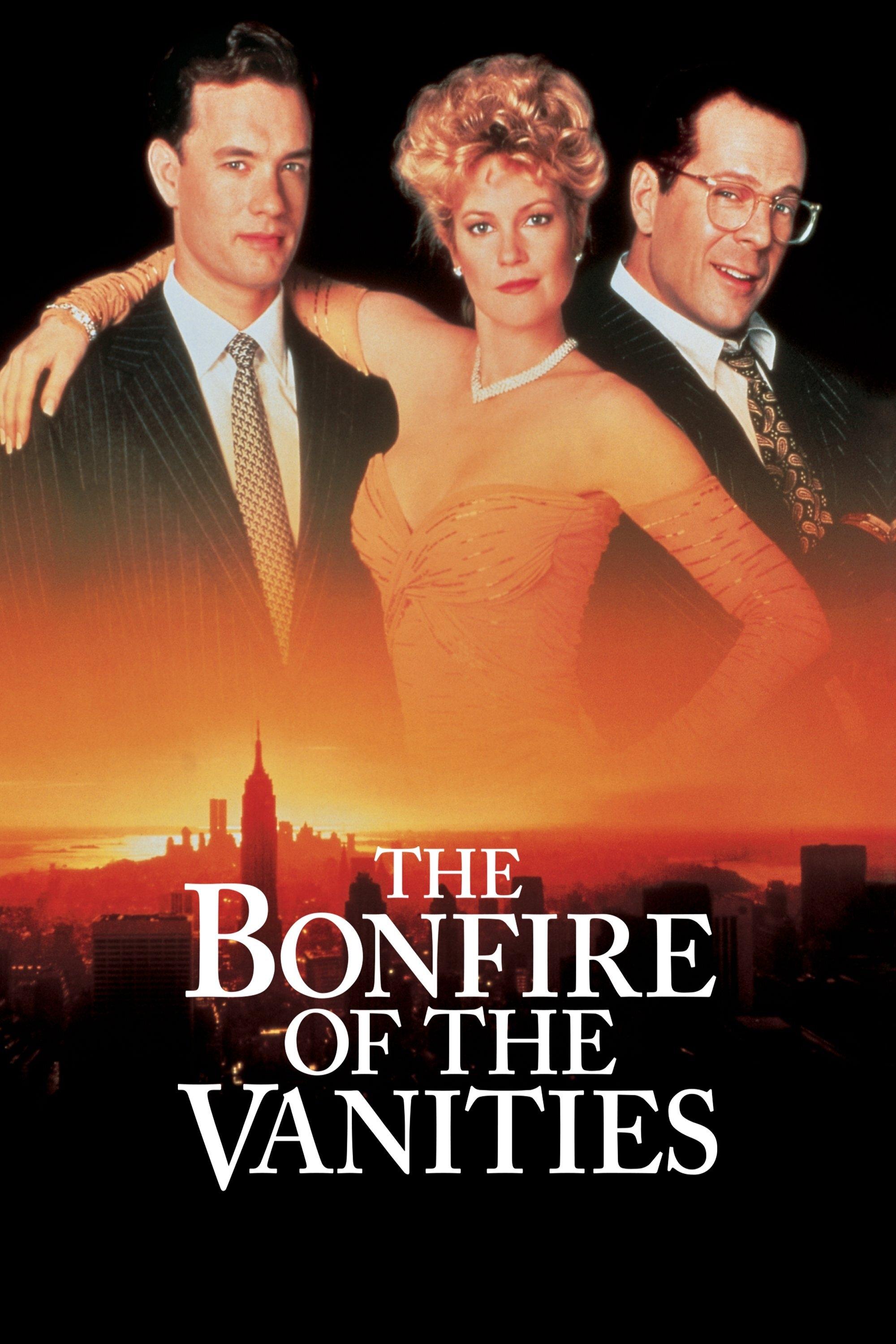
I was really disappointed to see the backlash against Brian De Palma’s adaptation. People just didn’t seem to connect with the movie’s overall feel, and there was a lot of talk about the actors not quite fitting their roles. It was a huge project, and when it didn’t succeed, it sadly put a stop to other ambitious book-to-film ideas that were in the works. It also seemed to really affect De Palma’s career momentum after that, which was a shame because he’s such a talented director.
‘Waterworld’ (1995)
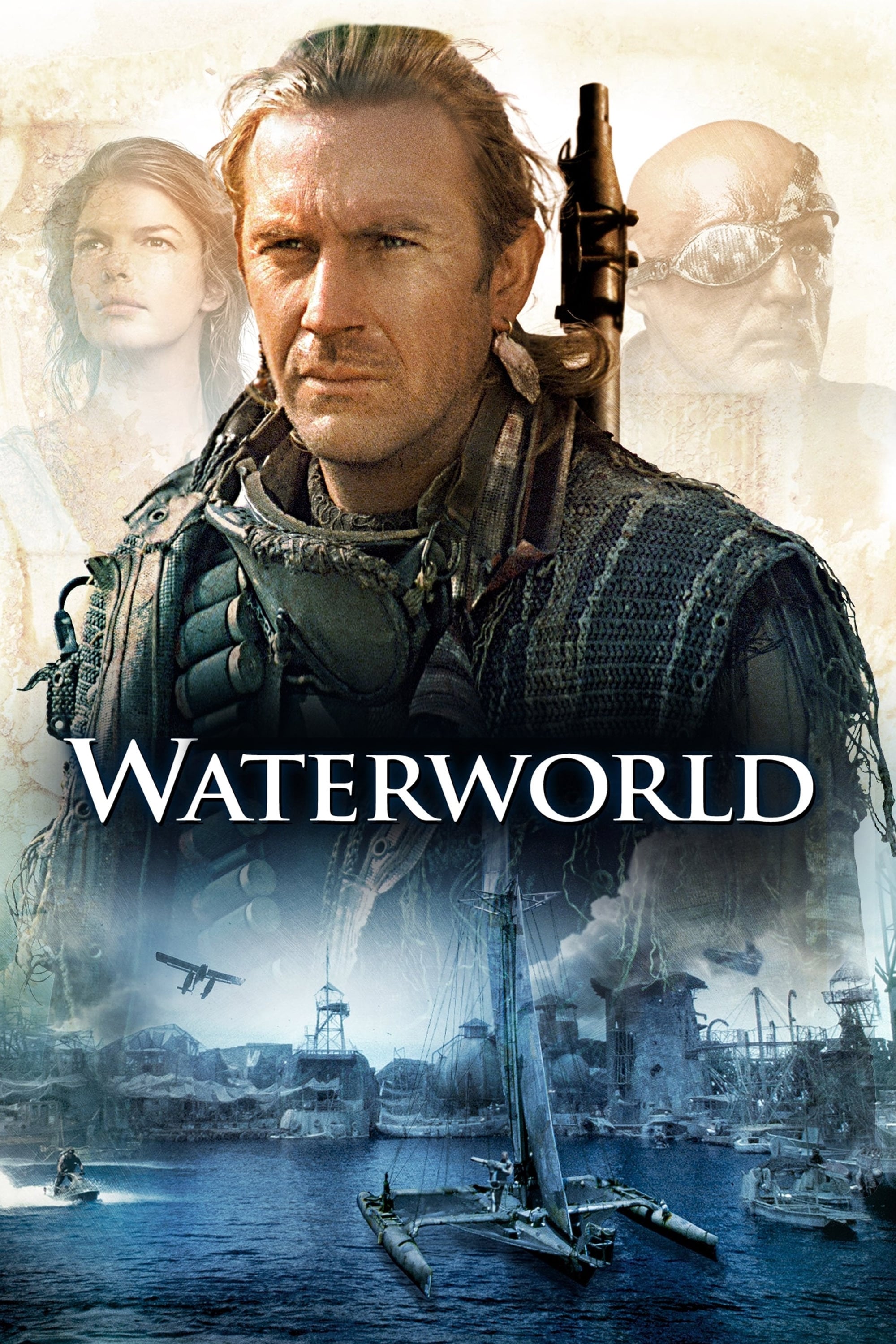
Kevin Reynolds faced criticism when his ambitious underwater film became known for going way over budget. While the movie gained some fans later on, it wasn’t well-received at first. People in the film industry closely examined how Reynolds managed the film’s large expenses, and it ultimately made studios more hesitant about investing in extremely costly blockbusters.
‘Hudson Hawk’ (1991)
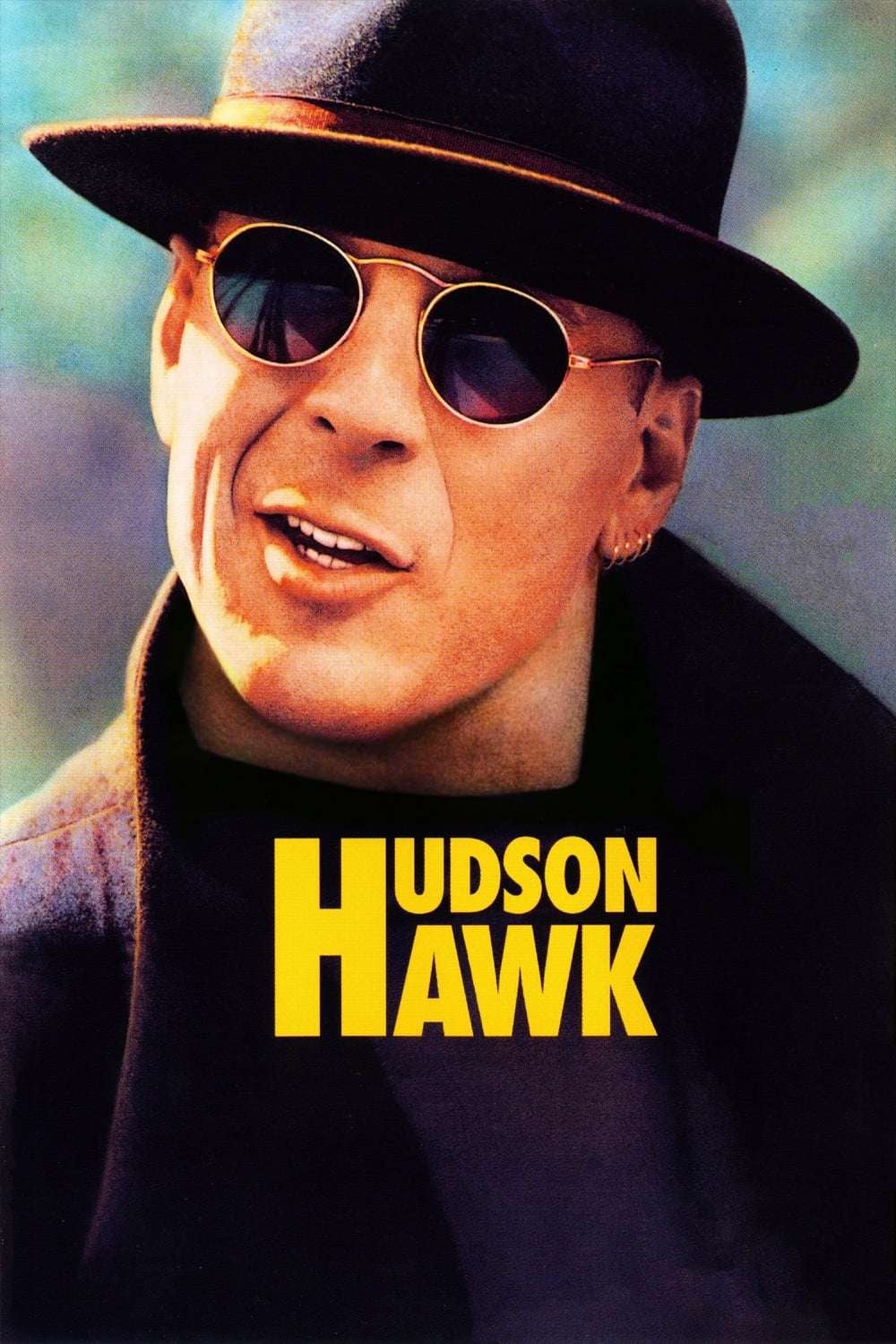
Michael Lehmann’s career suffered after his action comedy received poor reviews and didn’t perform well at the box office. The film’s strange humor left many people puzzled, and public disputes during production added to the negative attention. As a result, Lehmann didn’t receive many significant directing jobs afterward.
‘The Adventures of Pluto Nash’ (2002)
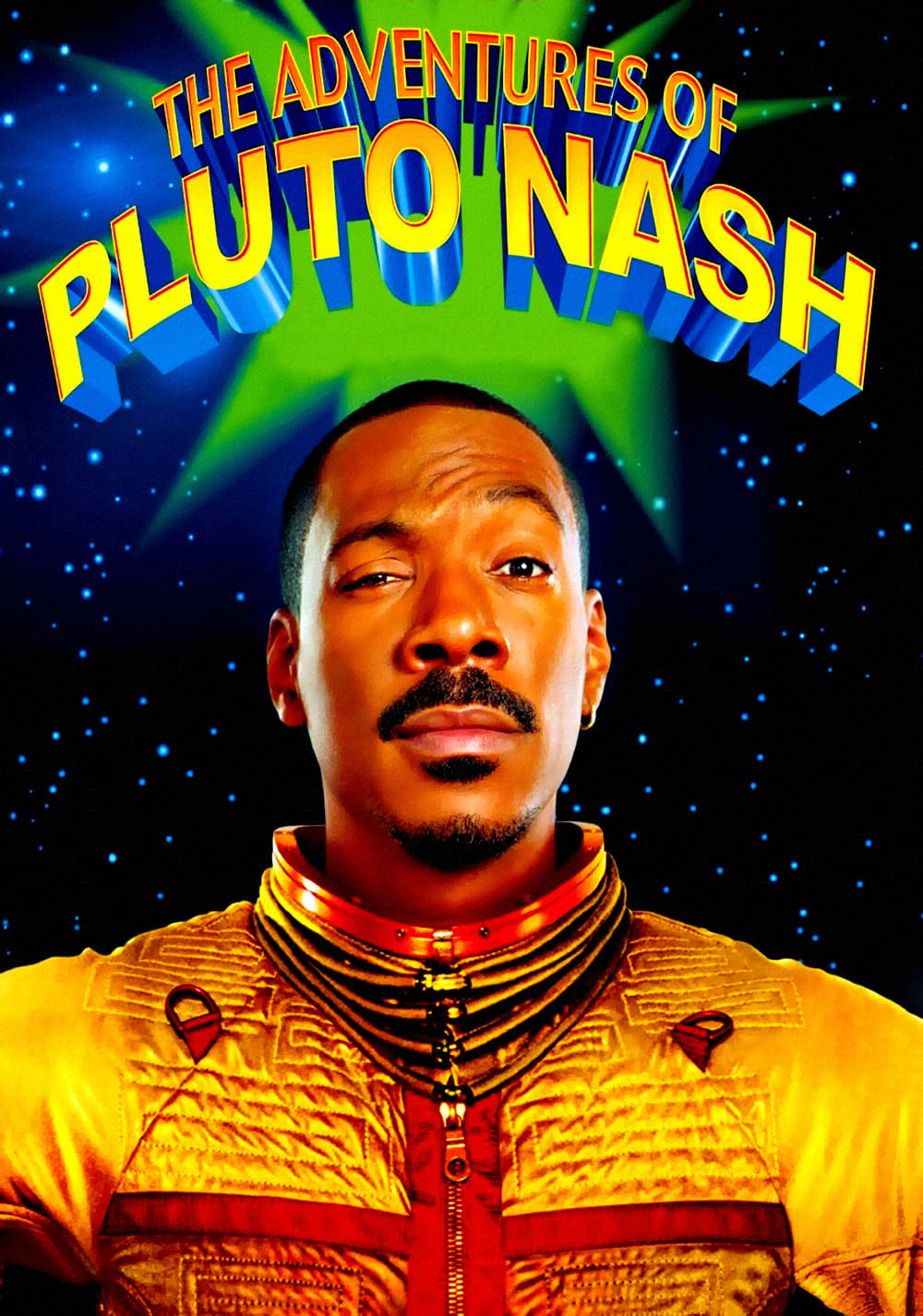
After this science fiction comedy flopped, director Ron Underwood’s film career stalled. The movie lost a lot of money, and both viewers and critics felt it didn’t have a consistent style. As a result, Underwood began focusing mostly on directing television shows.
‘Aloha’ (2015)

Cameron Crowe’s romantic drama received criticism for its casting and storyline, sparking a public conversation about representation in film. The negative response damaged Crowe’s reputation and made film studios more hesitant to invest in large-scale romantic comedies with many stars.
‘Alexander’ (2004)
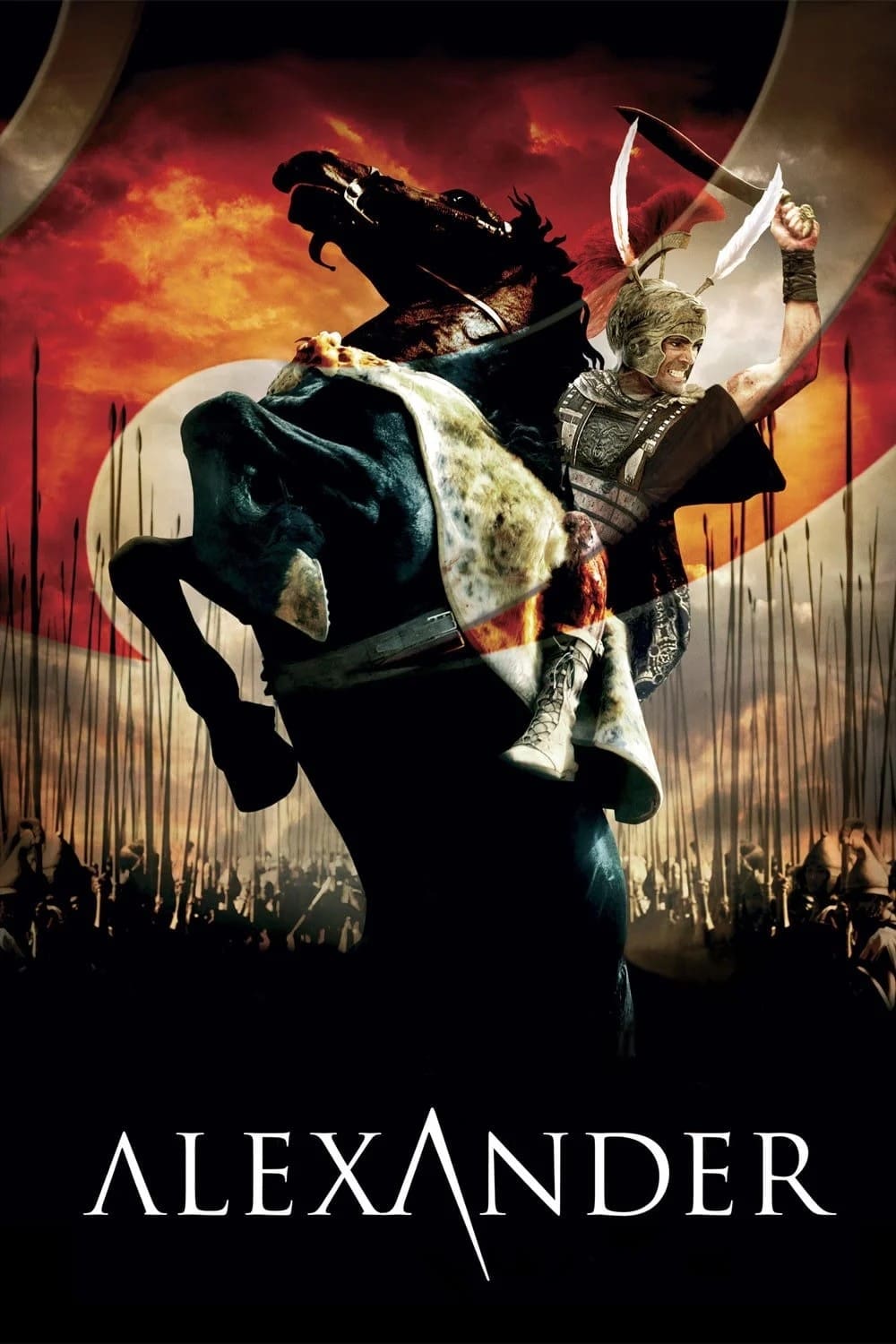
Oliver Stone’s historical epic received significant criticism. Many viewers and critics found the film’s pace slow and its story structure disjointed. Although the film was later revised, its initial reception negatively impacted the public’s view of Stone’s ambitious historical films, marking a shift in how his large-scale storytelling was perceived.
‘Sucker Punch’ (2011)

Zack Snyder’s action fantasy film received criticism for being confusing and lacking a clear message. While visually impressive, it didn’t connect with audiences. The film sparked discussions about Snyder’s artistic choices and influenced how people viewed his future work.
Read More
- 39th Developer Notes: 2.5th Anniversary Update
- Gold Rate Forecast
- You Should Not Let Your Kids Watch These Cartoons
- Here’s Whats Inside the Nearly $1 Million Golden Globes Gift Bag
- ‘Bugonia’ Tops Peacock’s Top 10 Most-Watched Movies List This Week Once Again
- The Hidden Treasure in AI Stocks: Alphabet
- TV Pilots Rejected by Networks
- USD RUB PREDICTION
- Mendon Capital’s Quiet Move on FB Financial
- Shocking Split! Electric Coin Company Leaves Zcash Over Governance Row! 😲
2025-11-14 22:18